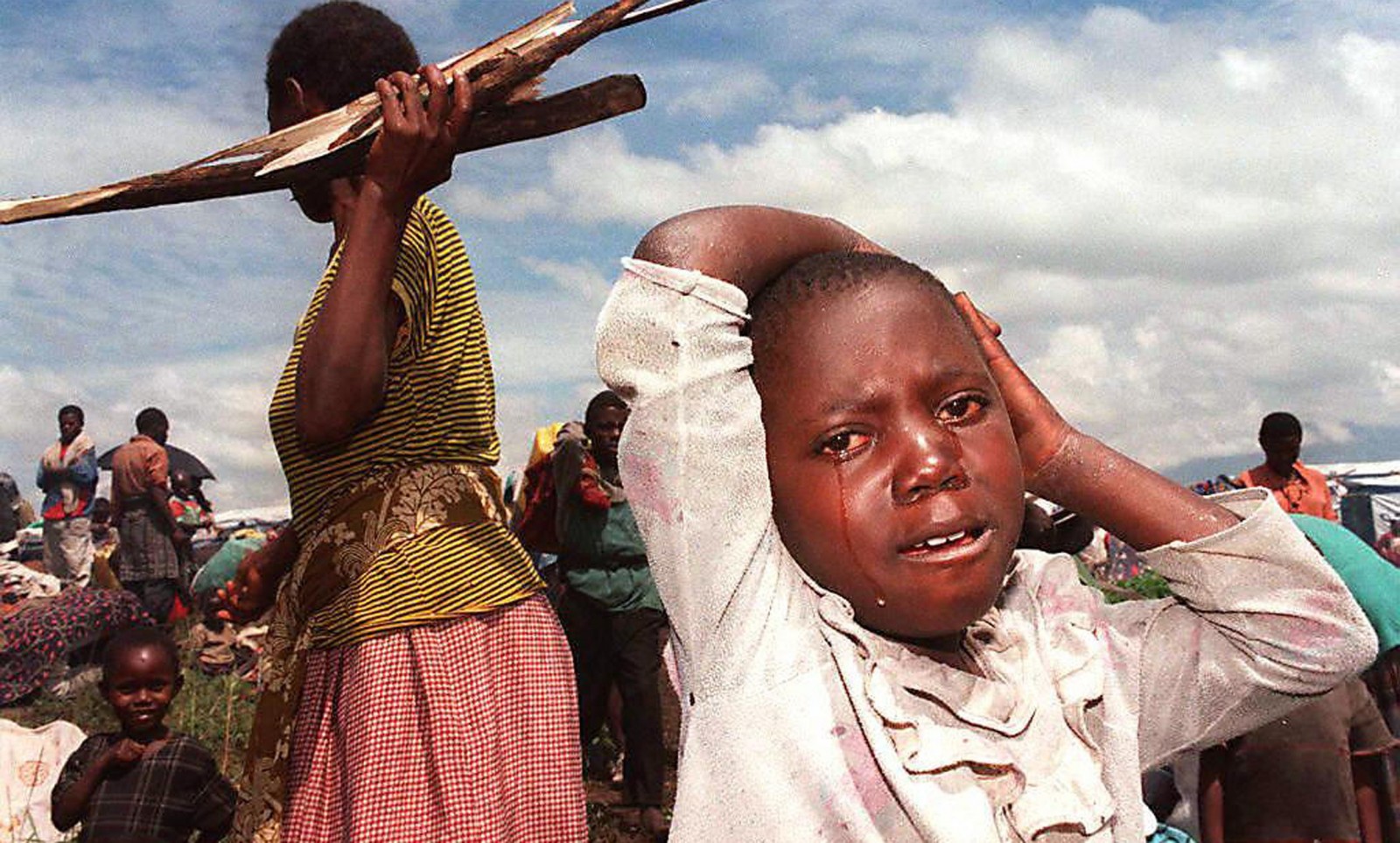by Mark Amaza
Early last week, Rwanda commemorated the 20th anniversary of the genocide that occurred in April 1994 when ethnic tensions and politics escalated into one of the most heinous crimes recorded in modern human history with the killing of about 800,000 Tutsis and moderate Hutus in three months by Hutu extremists.
For many people in Nigeria, the genocide seemed so far and removed from them until they saw the way it was captured in the Hollywood flicks Sometime in April and Hotel Rwanda and were naturally very horrified. One cannot even begin to imagine how it felt for the victims and the survivors who saw people that were their neighbors, colleagues and friends take part in the killings because of ethnic differences.
Rwanda has come a long way since that incident, as there has been peace and stability in the country. This is mainly because of the determination of the government of Paul Kagame who came into power after his Tutsi Patriotic Front guerilla group ended the genocide to make sure that it does not happen again.
But beyond that, there is also the insistence of the government in cooperation with an international community that is still embarrassed at its inaction during the genocide, to hunt down and make sure everyone who had taken part in the genocide was brought to justice. Many have been tried and sentenced, with some having to be extradited including former military generals, broadcasters, etc.
While there are many more culprits out there, the insistence on justice has helped bring closure to many of the victims’ families, healed wounds and bring reconciliation.
While Nigeria has never experienced violence on the scale of the Rwandan genocide, it has however had and is still having more than its fair share of sectarian crises. There is hardly a year that goes by that one part of the country does not erupt in one form of sectarian violence or the other, either religious or ethnic. The Ijaw-Itsekiri crisis of 1999, the Sharia riots in Kaduna in 2000, the recurring ethno-religious crises in Jos since 2001, the Prophet Mohammed cartoon riots in Maiduguri and Bauchi in 2006, the post-election violence of 2011, the Ombatse violence of last year in Nassarawa State and even the first clash between Boko Haram and security forces in Maiduguri in 2009 – the list is endless.
However, the response to these crises is a far cry from that of the Rwandan government. Many times, there is an attempt to sugarcoat the reality of the crises by blaming them on “hoodlums and miscreants” even when the violence was clearly of an ethnic or religious nature. In many cases, the aggressors might be of a particular faith or ethnicity attacking the other faith or ethnicity.
The refusal to call these crises by what they are prevents us from attacking the root causes of the crises. As a result, only the surface issues are tackled while blame is shifted around. This is further compounded by the fact that hardly anyone is ever arrested, tried and given the appropriate punishment for their involvement in the destruction of lives and properties.
Many times, the government sets up judicial commissions and panels of inquiries whose reports rarely ever see the light of day and are never implemented. Even when highly-placed people in the society are strongly suspected of having been involved in these crises, no indictments are made and no trials conducted to punish them and act as a deterrent to others.
As a result, deep-seated divisions occur in communities that have experienced these crises. A very unhealthy distrust and suspicion takes root and tensions simmer beneath the surface. In some cases, the communities become divided along ethnic or religious lines. For example, Jos and Kaduna now have exclusively Christian and Muslim areas.
What ends up holding is a superficial peace, where doomsday is merely postponed.
It is very important that a government that is interested in long-lasting peace pursues justice on behalf of those who have been wronged until that justice has been served. It is only by doing so that communities where such violence and crises have taken place can sufficiently heal and be reconciled.
Not only that, it strengthens the faith and confidence of the people in the government as a protector of lives and properties. When such faith and confidence is absent, the people are forced to resort to protecting themselves and exacting punishment on those they believe to have been their attackers. In the end, all it results to is a mindless cycle of violence that leaves no one for the better.
There cannot be reconciliation without true and real justice being done. This justice is the responsibility of government and one which governments in Nigeria need to wake up to.
Mark Amaza is studying for a degree in Environmental Management from the Abubakar Tafawa Balewa University, Bauchi. Amaza run a business consulting firm focusing on strategy, innovation and branding, MINDcapital. He owns a blog and contributes to several political blogs including The Scoop where this article was first published. His passions are politics, business, youth development, entrepreneurship, and education, Nigeria in general and Northern Nigeria in particular. He describes his political ideology as ‘reformist.’ He tweets from @amasonic.
The opinions expressed in this article are solely those of the author.







